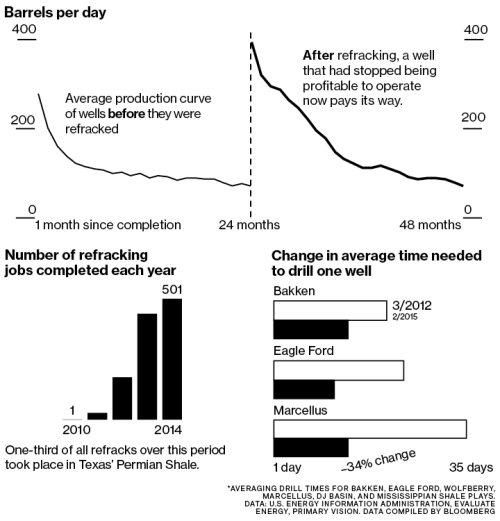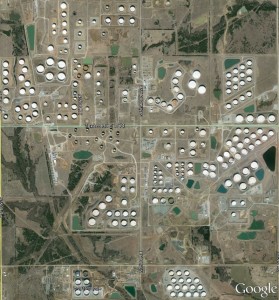I recently wrote about two appellate opinions dealing with retained acreage clauses in oil and gas leases. A retained acreage clause requires the lessee to release acreage not assigned to a producing well at the end of the primary term, or at the end of a continuous drilling program conducted after the primary term. One commentator has said that the purpose of a retained acreage clause is to “replace the lessor’s need to utilize the implied covenant of reasonable development as the sole means to see that its acreage is fully developed.” Bruce M. Kramer, Oil and Gas Leases and Pooling: a Look Back and a Peek Ahead, 45 Tex. Tech L. Rev. 877, 881 (2013).
A retained acreage clause should be included in any oil and gas lease that covers a significant amount of acreage – more than 100-200 acres. Below is a retained acreage clause, from the TLMA lease form. TLMA is the Texas Land and Mineral Owners Association. I prepared the lease form, and TLMA provides it to all of its members:
Upon expiration of the Primary Term, or upon cessation of “Continuous Drilling Operations” (as hereinafter defined), whichever is later, this Lease shall terminate as to all the lands and depths then covered thereby except lands and depths then designated by Lessee, in accordance with the requirements of this Paragraph, to be within a “Production Unit” (as hereinafter defined) assigned to each well then producing in paying quantities on the Leased Premises or lands properly pooled therewith.






